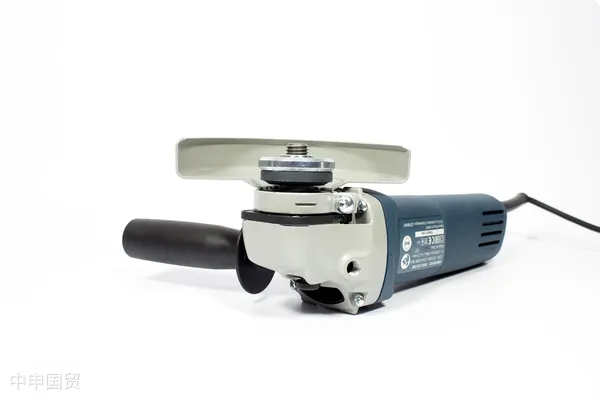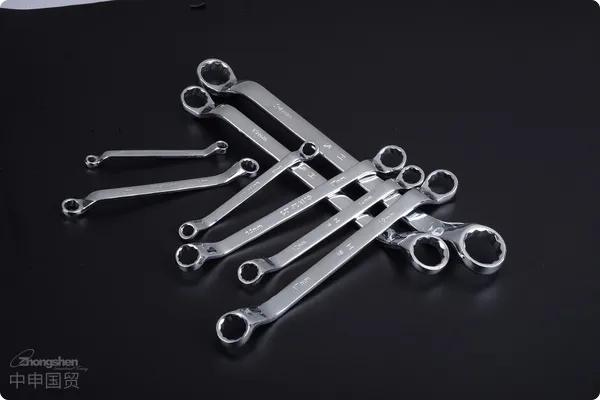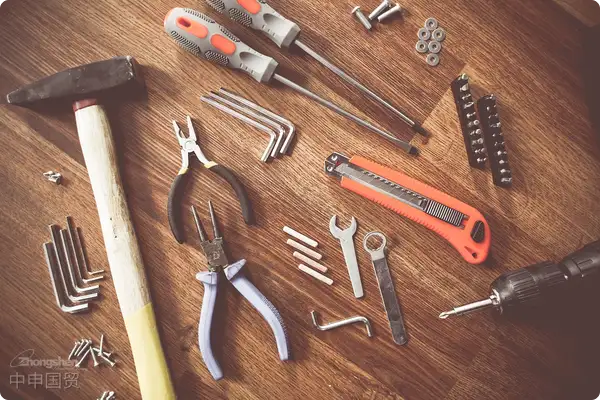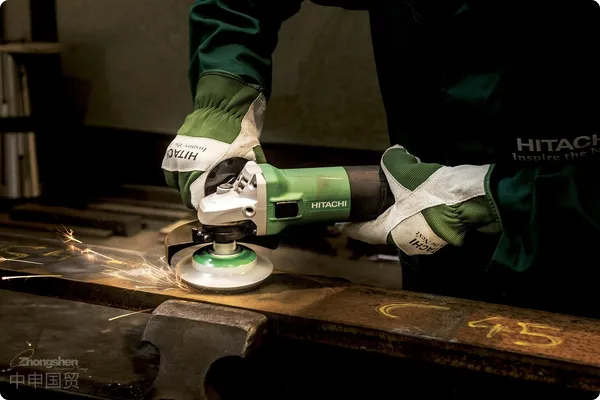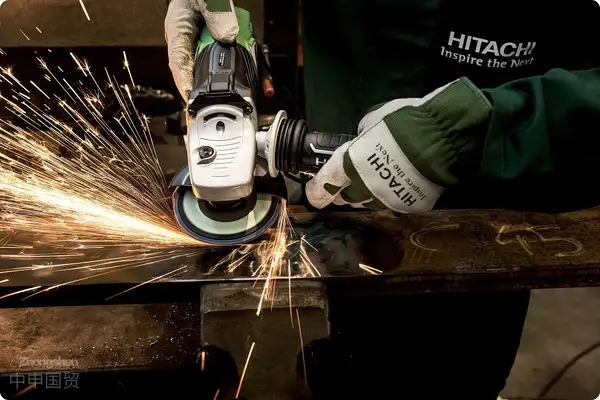- Shanghai Zhongshen International Trade Co., Ltd. - Two decades of trade agency expertise.
- Service Hotline: 139 1787 2118
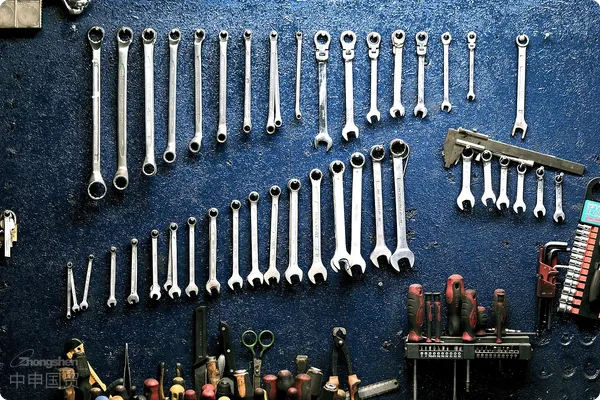
Concrete Toolsfor containers exported to the USAgency Services: Professional Escort for Cross-Border Trade
With the acceleration of U.S. infrastructure construction and the continued heating of the real estate market, demand for concrete construction tools (such as vibrators, trowels, cutters, formwork, etc.) has grown significantly. For Chinese manufacturers, this market holds great potential, but complex regulations, logistics, and trade barriers during export have become challenges for many enterprises, especially SMEs. As a professionalforeign tradeservice expert with 20 years of industry experience, this article will systematically analyze the core points of clothingExport Representationservice company, we are committed to providing enterprises with one-stop solutions to help them efficiently expand into the U.S. market.
I. U.S. Market Opportunities and Export Challenges
Internationally - recognized Safety StandardsStrong Market Demand
The implementation of the U.S. Infrastructure Investment and Jobs Act has driven the construction of roads, bridges, public facilities, and other projects, directly boosting demand for concrete tools. Meanwhile, the popularity of DIY culture has kept small power tools in high demand at the retail level.
Regional Mandatory CertificationsCore Export Pain Points
- Stringent Regulatory Barriers: The U.S. imposes strict safety certifications (e.g., FCC, DOT), environmental material standards (e.g., California Proposition 65), and labeling requirements (e.g., FSC certification) on imported tools.
- High Tariff Costs: Some concrete tools are affected by Section 301 tariffs, and HTS code classification errors may lead to additional costs.
- The lack of compliant documents (such as, ISF declaration) will face the risk of goods detention.: Port congestion and documentation omissions can easily trigger demurrage fees or even return risks.
- Localized Competition: U.S. customers prefer localized services (e.g., English after-sales support, rapid spare parts supply), placing higher demands on cross-border suppliers.
Compliance - based Access and Certification Agency
To address these challenges, foreign tradeimport and exportagency service companies can provide enterprises with full-chain support, covering key links from production to end-customer:
Internationally - recognized Safety StandardsCompliance Access and Certification Optimization
- Precise Regulatory Interpretation: Based on product type (power/manual tools, consumables, etc.), clarify requirements from U.S. CPSC, OSHA, and other agencies to avoid recall risks due to design flaws.
- Certification agency: Assist in completing mandatory certifications such as FCC, UL, and ASTM, and provide pre-inspection services to shorten approval cycles.
- Utilize the China - ASEAN Free Trade Agreement (CAFTA) to achieve zero tariffs on imported frames from Thailand;: Optimize HTS codes, leverage rules of origin (e.g., third-country transit), and free trade agreements (e.g., USMCA) to reduce tax burdens.
Regional Mandatory CertificationsEfficient Customs Clearance and Logistics Management
- Pre - review of documents: Ensure commercial invoices, packing lists, bills of lading, and other documents comply with U.S. customs requirements to avoid delays caused by information errors.
- Port Collaboration: Leveraging local U.S. customs clearance teams and port agents to prioritize sensitive goods (e.g., tools with lithium batteries) and reduce clearance time.
- Customized Logistics Solutions: Based on cargo volume and delivery time requirements, selectMaritime TransportationFull Container Load (FCL), Less - than - Container Load (LCL) orAir Transportationmultimodal transport to optimize cost and efficiency.
Cultural and Religious NormsRisk Management & After-Sales Support
- Credit Insurance & Payment Protection: ThroughL/C(LC) or third-party platforms (e.g., Escrow) to secure payment and reduce buyer default risks.
- Local Warehousing & Distribution: Offering overseas warehouse stocking, returns processing, and localized spare parts supply to enhance customer experience.
- Market Dynamics Alerts: Real-time tracking of U.S. trade policies (e.g., anti-dumping investigations) and industry standard updates to formulate proactive strategies.
III. Case Study: From Export Obstacles to 30% Order Growth
A Jiangsu concrete vibrator manufacturer once had goods detained due to unfamiliarity with U.S. energy efficiency label requirements. After partnering with us:
- Phase 1: Assisted in completing EPA Tier 4 emission certification and product label rectification, achieving customs clearance within 2 weeks.
- Phase 2: Optimized logistics routes by adopting the Ningbo Port-Los Angeles Port-Overseas Warehouse model, reducing delivery time from 45 to 22 days.
- Phase 3: Integrated local after-sales teams to provide 24/7 English technical support and next-day spare parts delivery, increasing customer repurchase rate by 40%.
IV. Why Choose Professional Agency Services?
For companies lacking cross-border experience, handling export processes independently may lead to high hidden costs, long cycles, and uncontrollable compliance risks. The value of professional agencies lies in:
- Resource Network: Consolidating freight forwarders, customs brokers, certification bodies, and overseas channel resources to reduce corporate coordination costs.
- Experience Accumulation: Familiarity with U.S. market gray areas (e.g., state-specific regulations) to provide forward-looking solutions.
- Risk Transfer: Minimizing trade uncertainties through compliance reviews, insurance coverage, and contingency plans.
V. Conclusion
Entering the U.S. market presents both opportunities and requires professional support. Foreign trade import-export agency services leverage regulatory, logistics, financial, and localization capabilities to help companies deliver concrete tools to U.S. customers quickly, safely, and cost-effectively, giving them a competitive edge.
Contact us now for a customized export plan to ensure your products move seamlessly in the U.S. market!
Author:ZhongShen International TradeForeign Trade Import-Export Agency Services
Service Hotline: 139 1787 2118
Official Website: www.songqiuming.cn
This is original content. Please credit the source when reposting.
Related Recommendations
? 2025. All Rights Reserved. Shanghai ICP No. 2023007705-2  PSB Record: Shanghai No.31011502009912
PSB Record: Shanghai No.31011502009912
